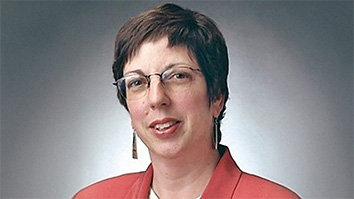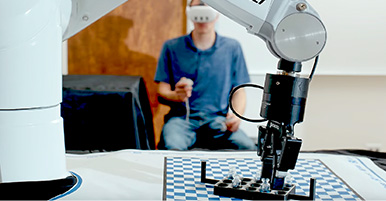Citation
Abhinav Rajvanshi, Karan Sikka, Xiao Lin, Bhoram Lee, Han-Pang Chiu, Alvaro Velasquez, “SayNav: Grounding Large Language Models for Dynamic Planning to Navigation in New Environments.” In Proceedings of the International Conference on Automated Planning and Scheduling (ICAPS), vol. 34, pp. 464-474. 2024.
Abstract
Semantic reasoning and dynamic planning capabilities are crucial for an autonomous agent to perform complex navigation tasks in unknown environments. It requires a large amount of common-sense knowledge, that humans possess, to succeed in these tasks. We present SayNav, a new approach that leverages human knowledge from Large Language Models (LLMs) for efficient generalization to complex navigation tasks in unknown large-scale environments. SayNav uses a novel grounding mechanism, that incrementally builds a 3D scene graph of the explored environment as inputs to LLMs, for generating feasible and contextually appropriate high-level plans for navigation. The LLM-generated plan is then executed by a pre-trained low-level planner, that treats each planned step as a short-distance point-goal navigation sub-task. SayNav dynamically generates step-by-step instructions during navigation and continuously refines future steps based on newly perceived information. We evaluate SayNav on multi-object navigation (MultiON) task, that requires the agent to utilize a massive amount of human knowledge to efficiently search multiple different objects in an unknown environment. We also introduce a benchmark dataset for MultiON task employing ProcTHOR framework that provides large photo-realistic indoor environments with variety of objects. SayNav achieves state-of-the-art results and even outperforms an oracle-based baseline with strong ground-truth assumptions by more than 8% in terms of success rate, highlighting its ability to generate dynamic plans for successfully locating objects in large-scale new environments.


